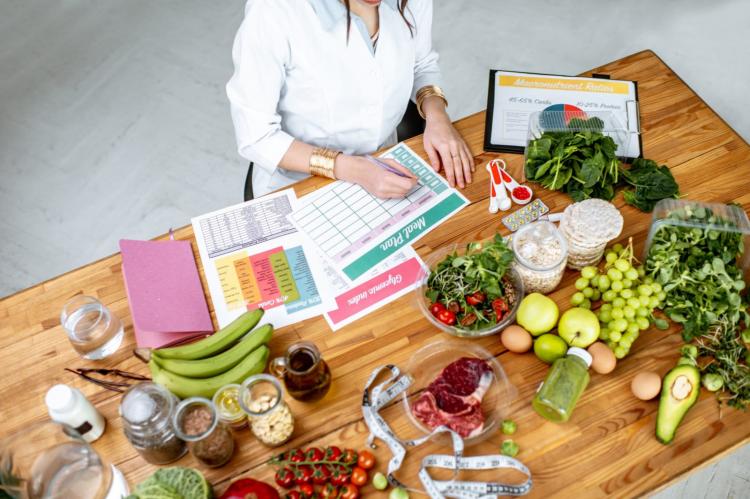1. Chemical testing of raw materials and food products:
• Moisture / dry matter - determination using the thermogravimetric method
• Total protein, determination using the Kjeldahl method (mineralization + determination)
• Sodium chloride by Mohr's method
• Extract determination with a refractometer
• Density - determination using the pycnometric method
• Density - determination using the densimetric method
• Caffeine, quantification by HPLC
• Total acidity, determination using the titration method
• Active acidity (pH), potentiometric determination
• Acid number in fats - titration method
• Peroxide value in fats - titration method
• Peroxide value in fats - spectrophotometric method
• Iodine number in fats - titration method
• Fat - determination using the Gerber method
• Fat - determination using the Soxhlet method
• Directly reducing sugars and total sugars – titration method
• Vitamin E (tocochromanols) by HPLC
• Amino acids by HPLC
• Tryptophan by HPLC
• Phenolic acids by HPLC
• Gluten – immunodetection method (ELISA Test, Western Blotting, Slot-Blot)
• Allergens – immunodetection method (ELISA test, Western Blotting, Slot-Blot)
2. Procedures, laboratory techniques:
• Laboratory order for fat extraction from raw materials for further analysis or use
• Laboratory cold pressing of oil (with raw material preparation)
• Obtaining purified triacylglycerols from vegetable oils (removal of dyes and native antioxidants)
• Spectrophotometric measurements – absorbance, spectrofluorimetry
• Dynamic light scattering and zeta potential measurements
